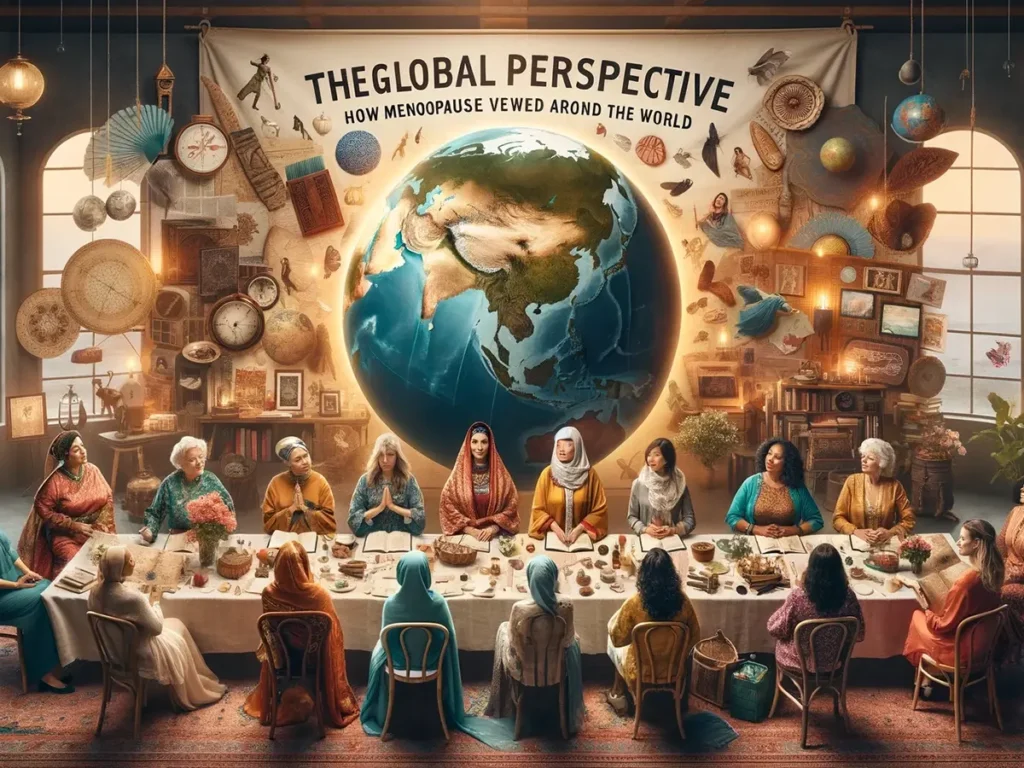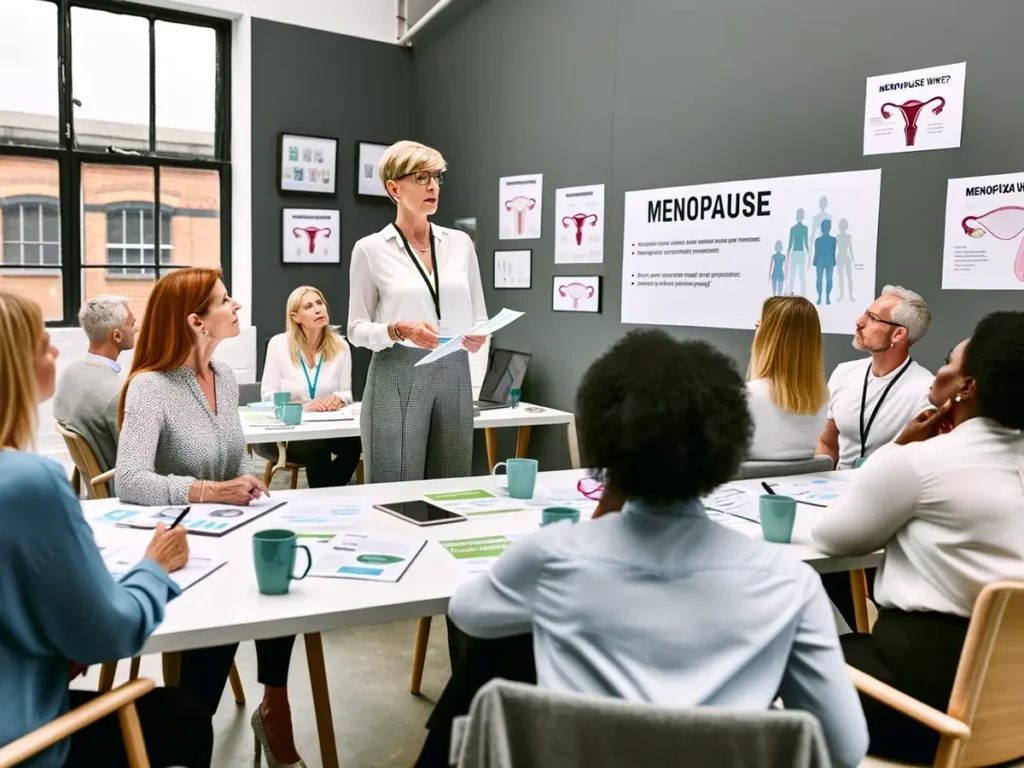Menopause is a natural biological process that marks the end of a woman’s reproductive years. It is a universal phenomenon that affects women worldwide. However, the perception and understanding of menopause vary across different cultures and societies. In this blog post, we will explore how menopause is viewed around the world.
North America
In North America, menopause is often seen as a medical condition that requires treatment. Hormone replacement therapy (HRT) is commonly prescribed to alleviate menopausal symptoms such as hot flashes and mood swings. There is a strong emphasis on the physical aspects of menopause, and women are encouraged to seek medical interventions to manage their symptoms.
Europe
In Europe, menopause is viewed more holistically. There is a greater recognition of the psychological and emotional changes that women may experience during this life stage. Many European countries have support systems in place, such as menopause clinics and counselling services, to help women navigate through this transition. The focus is on empowering women and providing them with the knowledge and resources to manage menopause holistically.
Asia
In many Asian countries, menopause is considered a natural part of a woman’s life cycle. Traditional Chinese medicine, Ayurveda, and other traditional healing practices are often used to manage menopausal symptoms. There is a cultural acceptance of menopause as a natural transition, and women are encouraged to embrace this phase of their lives.
Africa
In Africa, menopause is viewed within the context of community and intergenerational support. Older women play a significant role in passing on knowledge and wisdom to younger women going through menopause. There is a strong sense of solidarity among women, and menopause is seen as a shared experience that brings women together.
Latin America
In Latin America, menopause is often seen as a time of wisdom and maturity. Older women are respected and valued for their life experiences. Traditional healing practices, such as herbal remedies and rituals, are commonly used to alleviate menopausal symptoms. Menopause is embraced as a natural part of a woman’s life journey.
Conclusion
Menopause is a universal experience, but its perception and understanding vary across different cultures. While some societies focus on the medical aspects of menopause, others take a more holistic approach. It is important to recognize and respect the diverse perspectives on menopause and empower women to navigate through this life stage in a way that aligns with their cultural beliefs and values.



